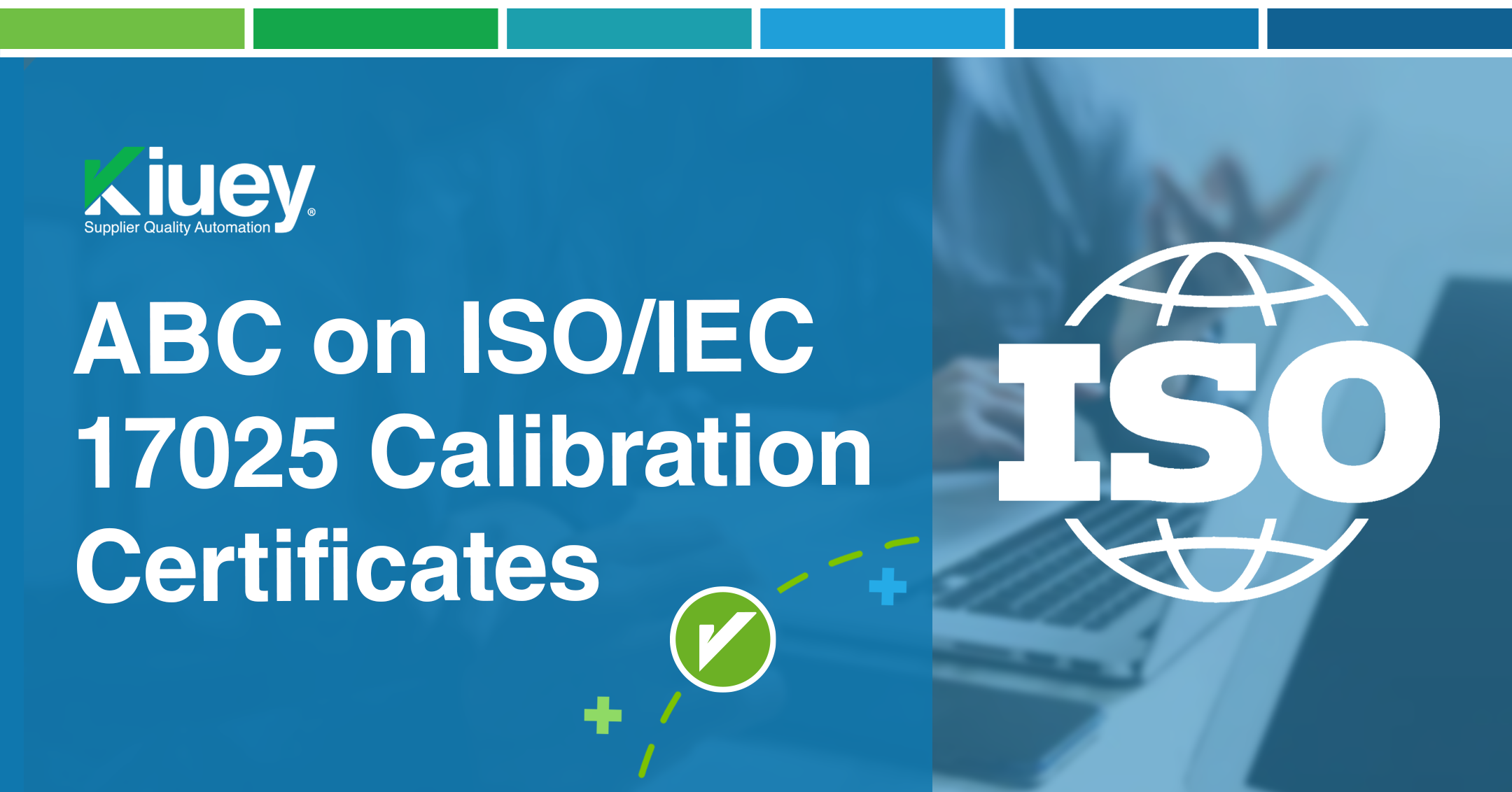
ABC on ISO/IEC 17025 Calibration Certificates
Have you ever received a calibration certificate and wondered what all the technical jargon meant? It’s a common experience for many of those who rely[…]
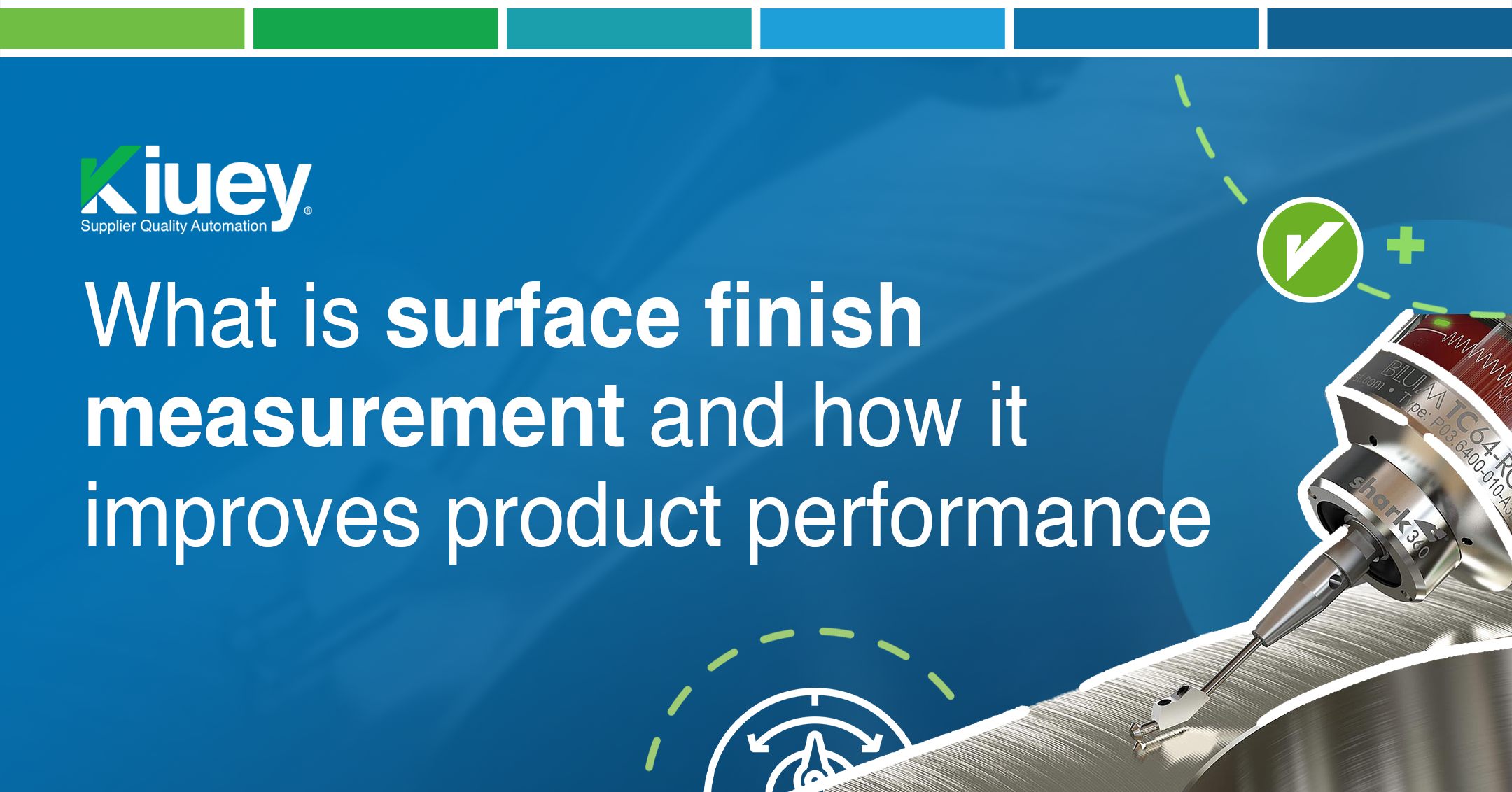
What is surface finish measurement and how it improves product performance
Surface finish, often measured by surface roughness, is a critical aspect of product quality that can significantly impact a product’s performance, durability, and appearance. For[…]
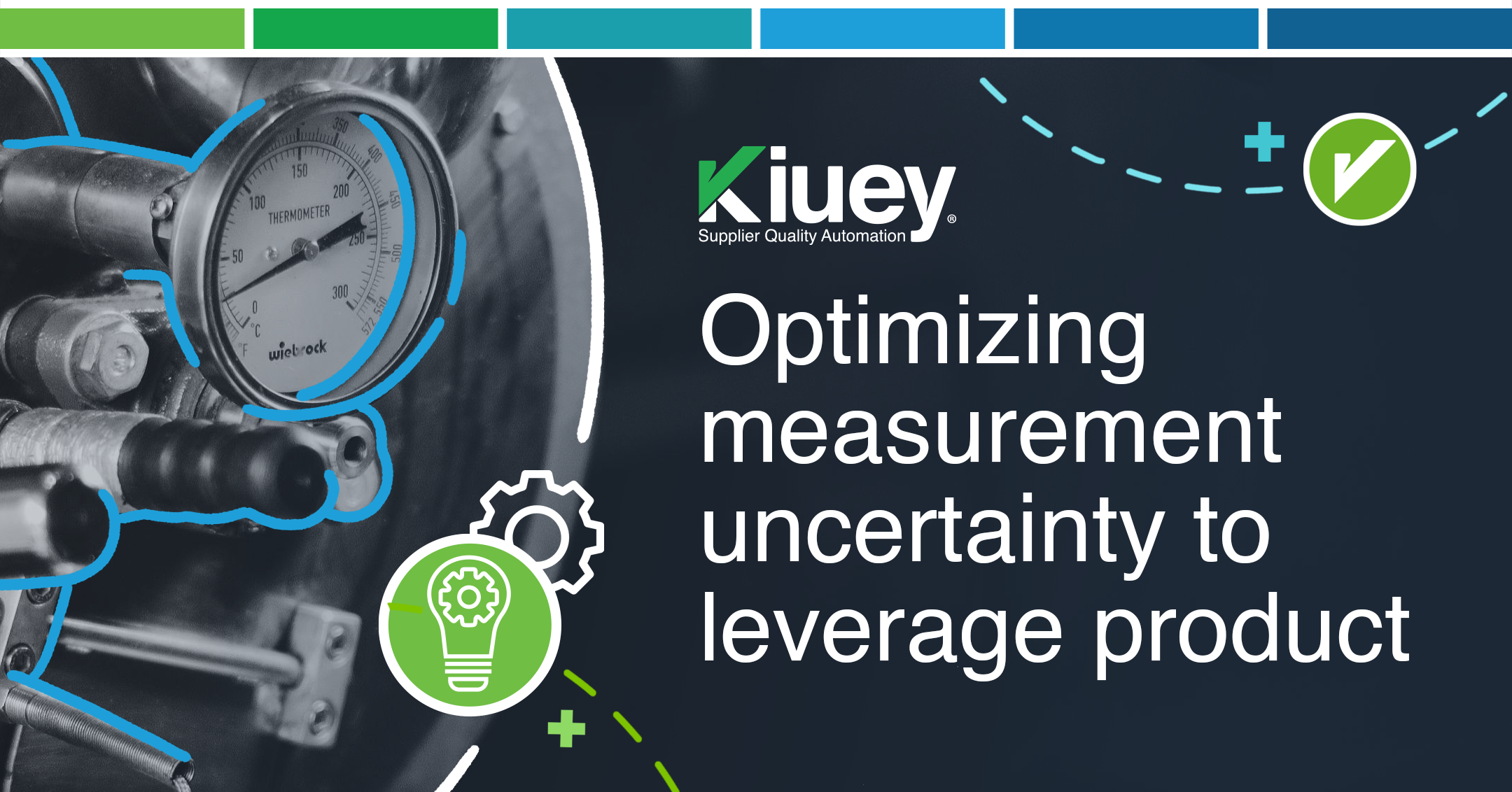
Optimizing Measurement Uncertainty for Enhanced Product Quality
Measurement uncertainty, a fundamental concept in quality control, is the range within which the true value of a measurement is expected to lie. While it’s[…]
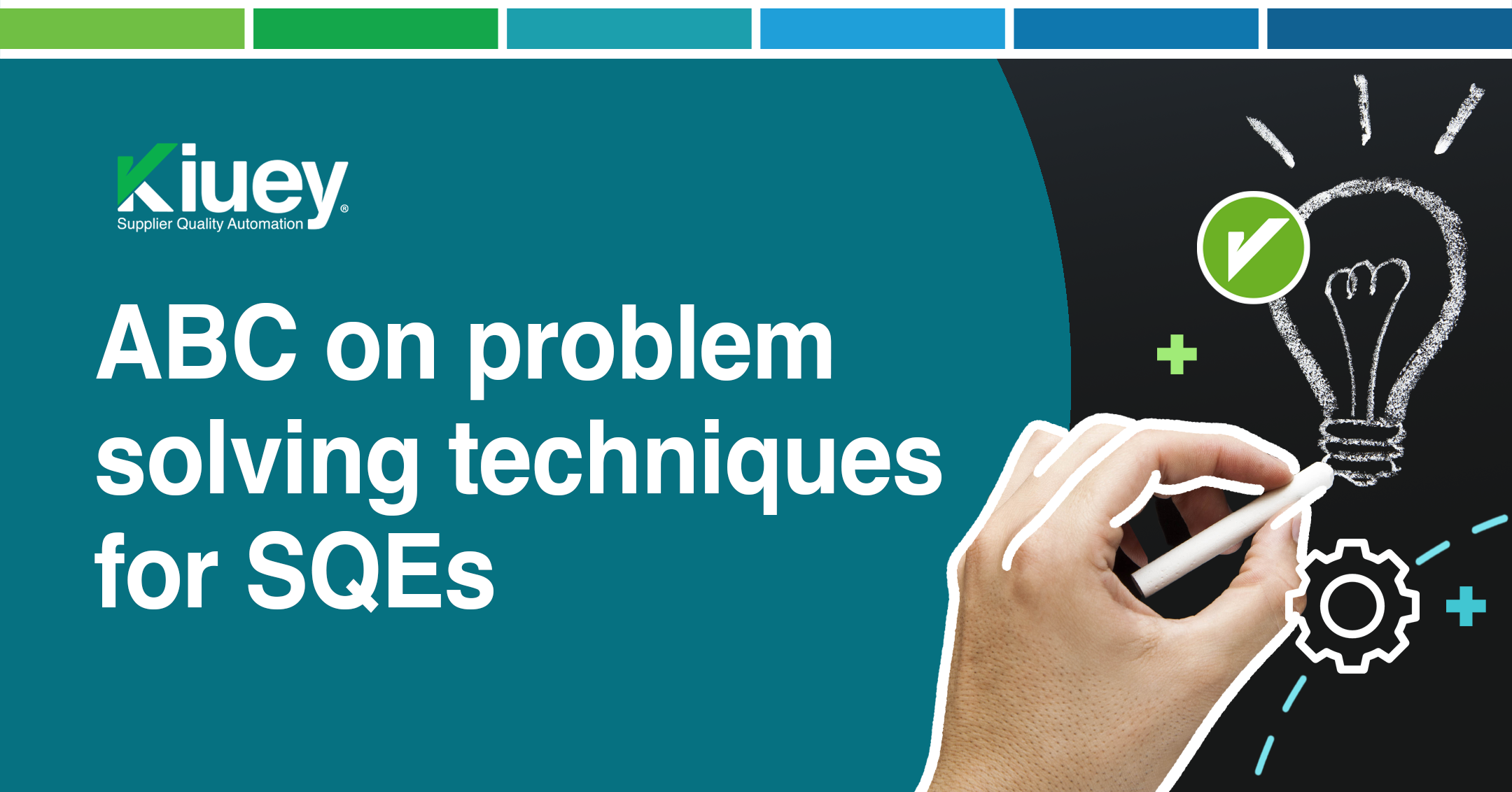
Integrating Soft Skills into Problem Solving Techniques for Supplier Quality Engineers
Supplier quality engineers play a crucial role in ensuring the quality of products and services delivered by suppliers. While technical skills are essential, soft skills[…]
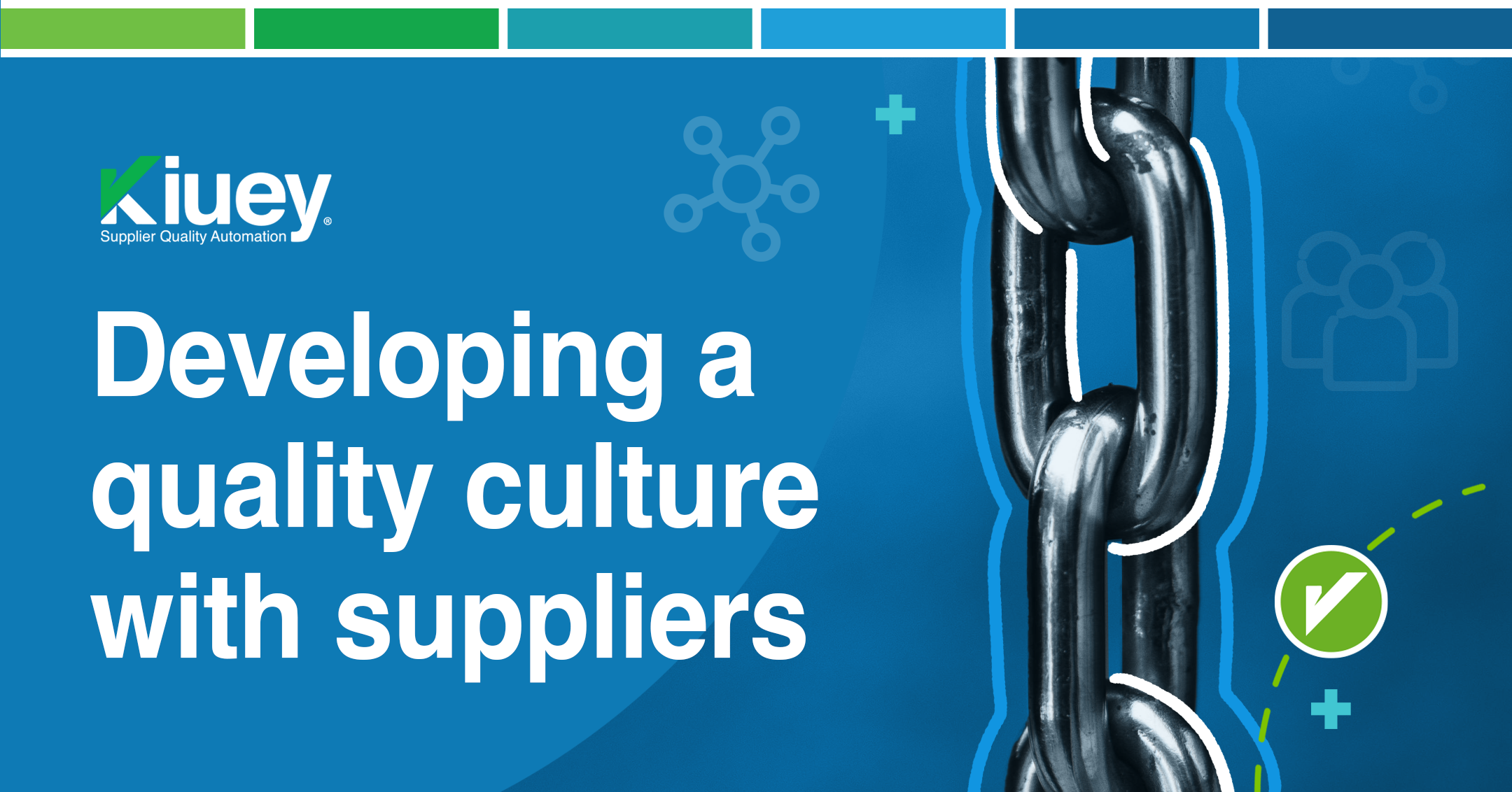
Basis on developing a quality culture with suppliers
In today’s competitive landscape, ensuring the quality of products and services is paramount. A strong supplier quality management system is essential to maintaining high standards[…]
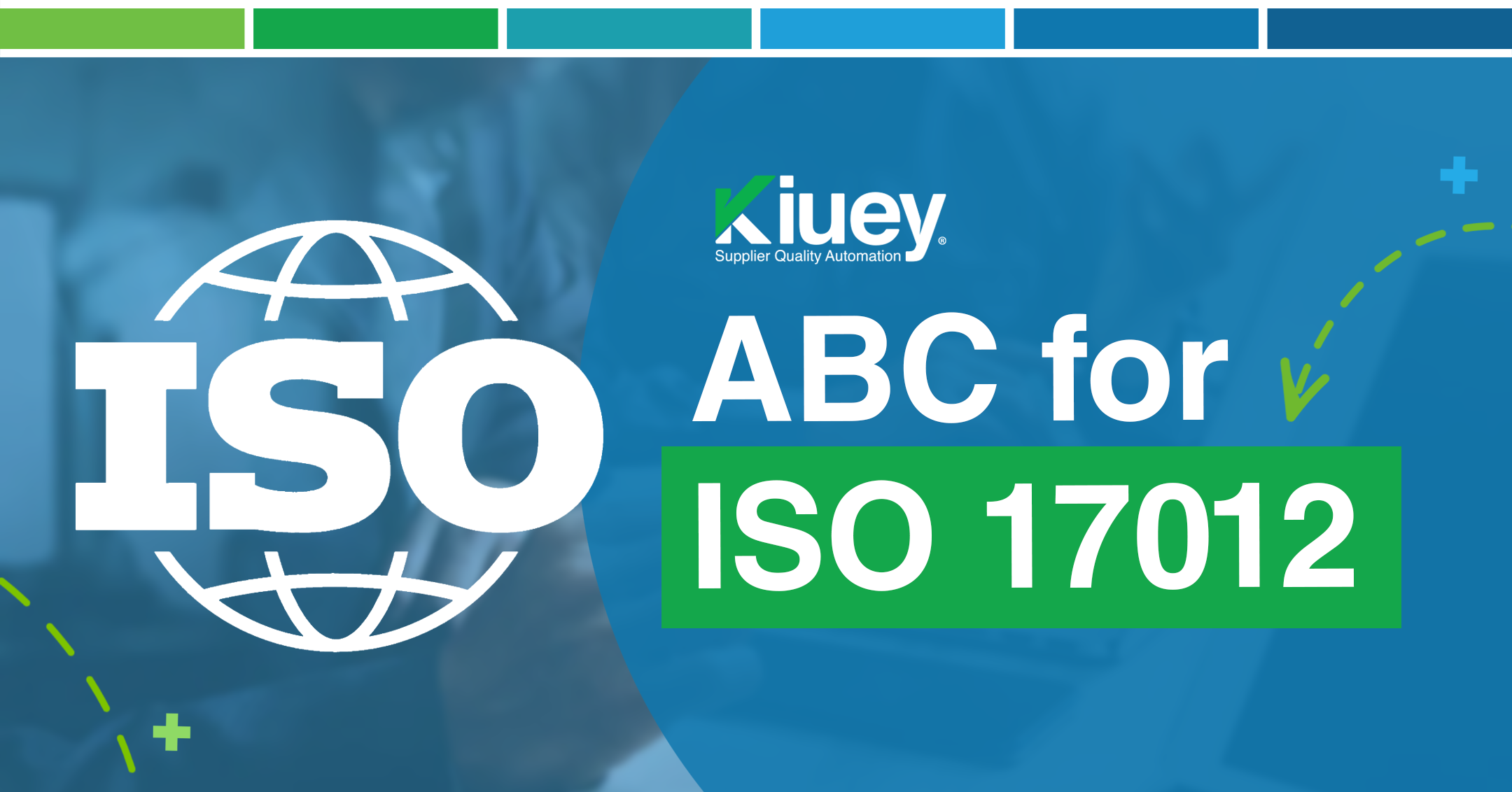
ABC for ISO 17012
The advent of digital technologies has revolutionized various industries, and the field of quality management is no exception. Remote auditing, once a relatively uncommon practice,[…]
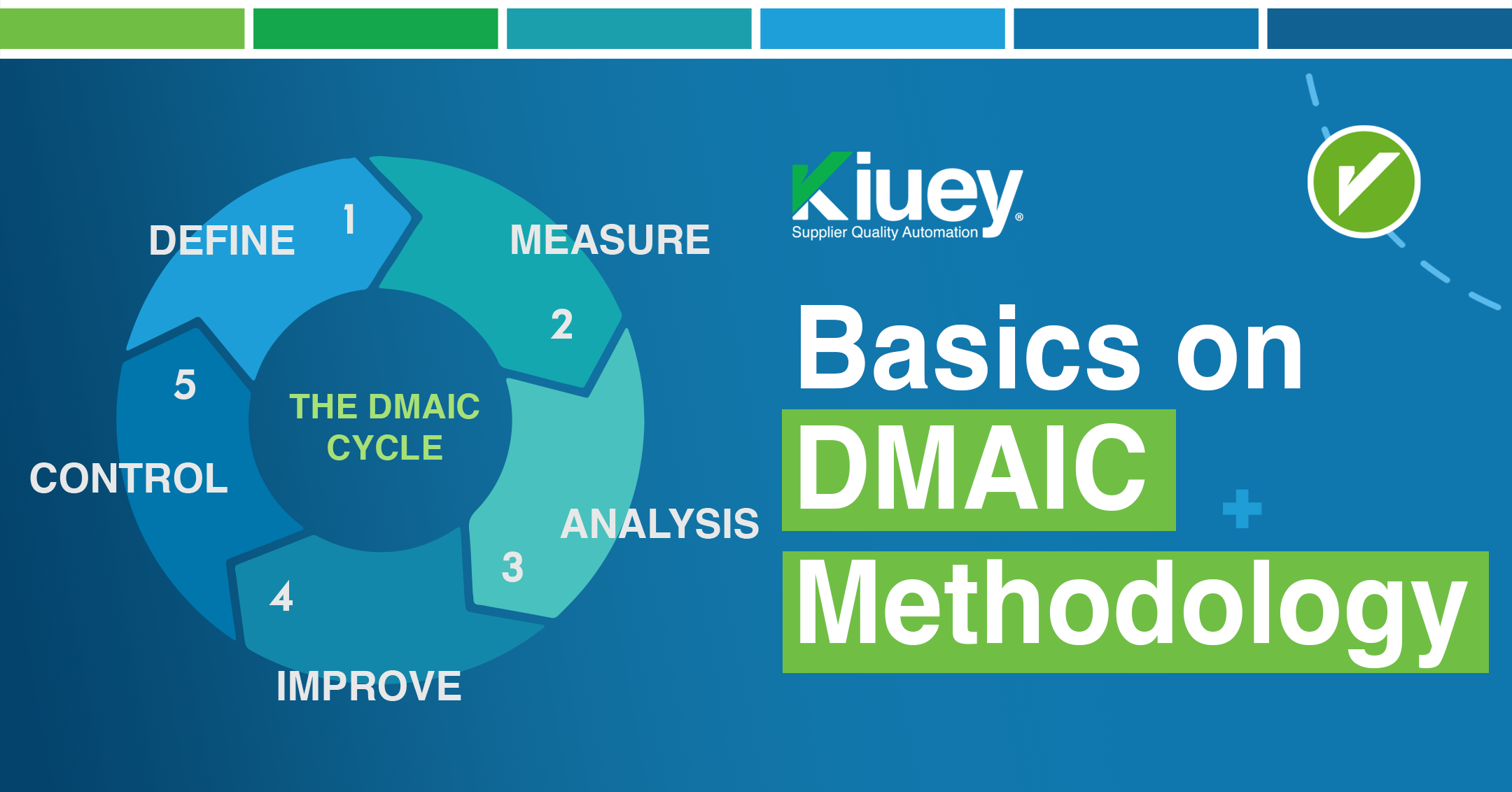
Basics on DMAIC methodology and its utility for SQEs
The DMAIC methodology, a structured approach to problem-solving and process improvement, has become a cornerstone of Six Sigma and Lean manufacturing. For Supplier Quality Engineers[…]
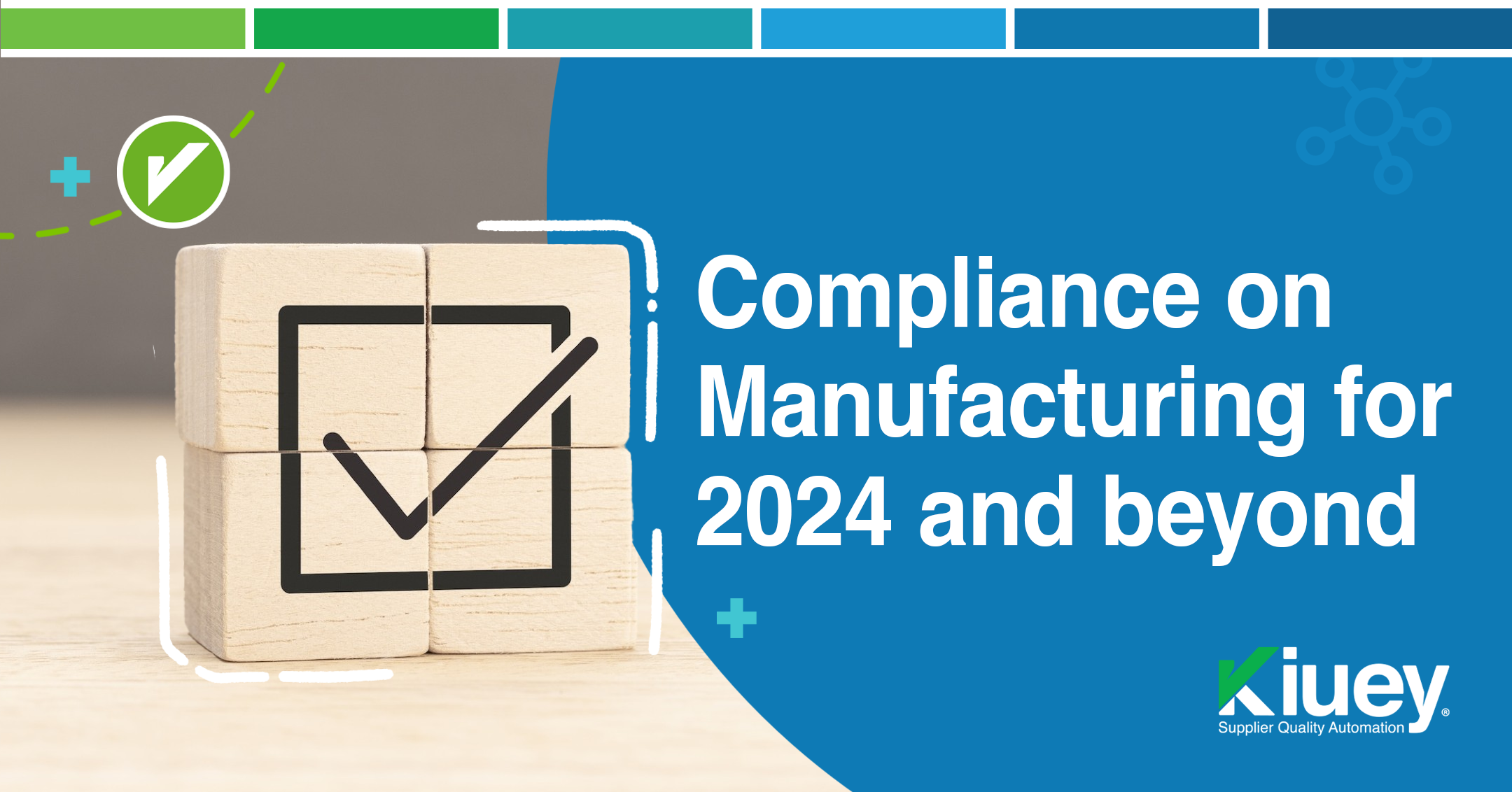
Landscape of Compliance on Manufacturing for 2024 and beyond
In today’s competitive manufacturing landscape, compliance with industry regulations is not merely a legal requirement but a strategic imperative. For small businesses, the complexities of[…]
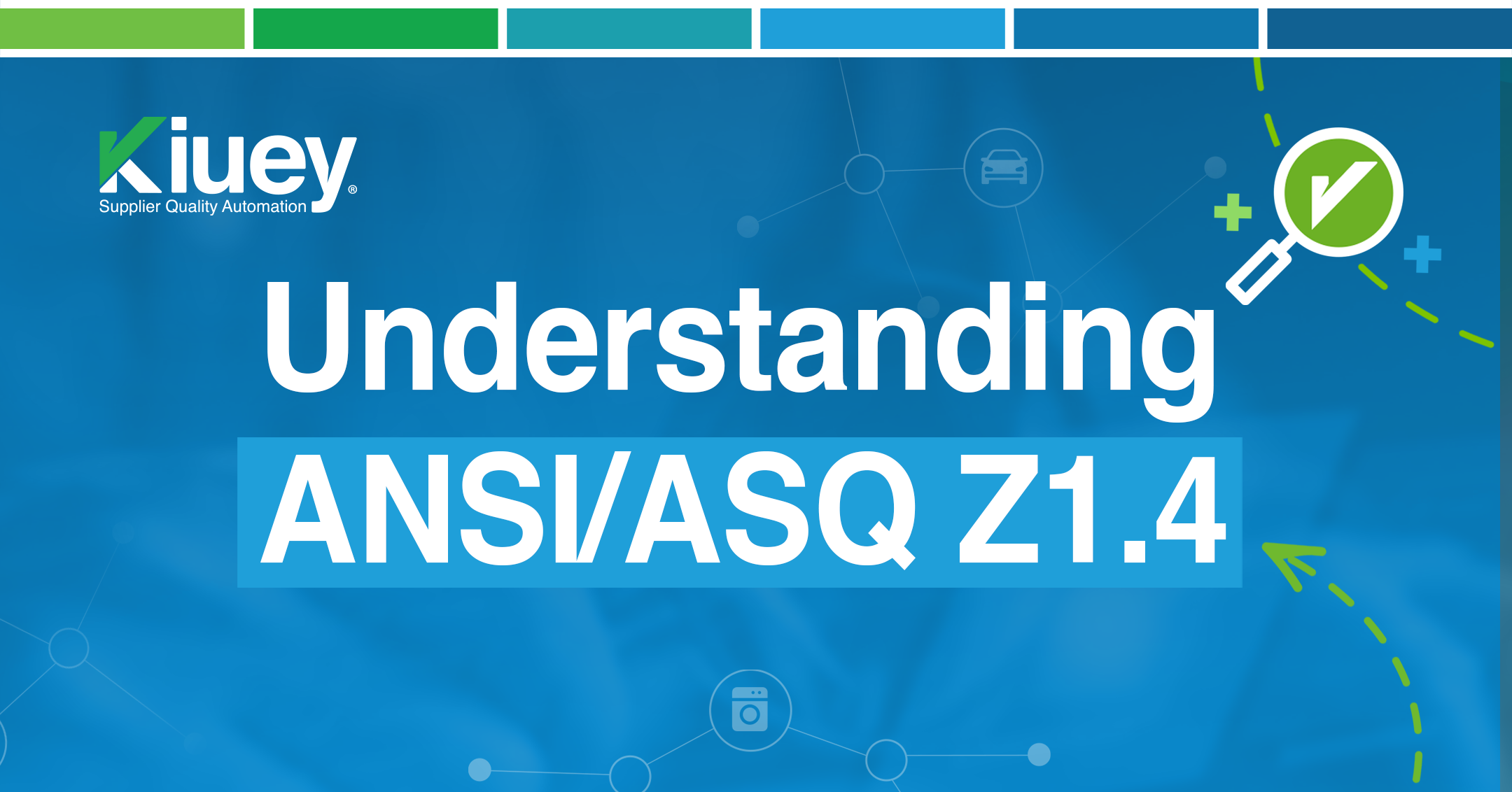
Understanding ANSI/ASQ Z1.4
ANSI/ASQ Z1.4 is a widely recognized standard that provides guidelines for sampling procedures and tables for inspection by attributes. It serves as a valuable resource[…]
Subscribe to our newsletter.
Your go-to destination for insights, best practices, and innovative solutions in supplier quality assurance.
Recent Posts
The ROI of Lean ISO Management Systems
January 31, 2025
The Power of Second Chance Manufacturing Programs
January 30, 2025
The Secret to Customer Delight: Embedded Quality
January 28, 2025
The Psychological Impact of Stress on Quality Outcomes
January 28, 2025
Categories
Let's talk to see how PPAP Manager can help your company to save time and money.




